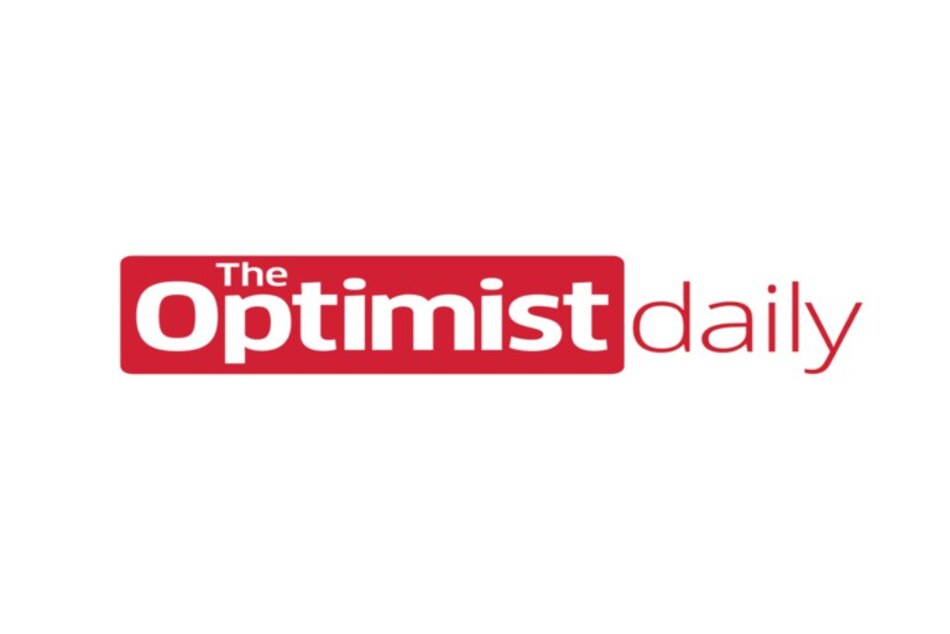Working in a diverse workforce where different perspectives come together means learning to navigate conflict constructively. Debates at work can lead to new ideas, but if leaders don’t show receptiveness to different opinions, it will only undermine the whole purpose of having a diverse team.
In a recent Scientific American article, researchers point to “conversational receptiveness” as the skill that can unlock productive debate. Conversational receptiveness is the ability to signal a willingness to listen to opposing viewpoints, and in several research studies, it was the common denominator in keeping dialogue constructive.
The best news? It’s learnable. Here are three ways you can become fluent in conversational receptiveness according to the research and, consequently, foster a culture of constructive conflict instead of stonewalling silence.
Summarize the opposing viewpoint: A core tenet of active listening is the ability to restate what you’re hearing, and this is also helpful to communicate that you’re open to conflicting points of view, according to the researchers. Even if (and probably especially when) you strongly disagree with an argument, take a pause and sum it up in your own words to show the other person you’re listening.
Hedge your own viewpoint: Leaders sometimes speak in absolutes: “This is the right choice” or “That idea is going to fail.” While strong language conveys confidence and conviction, it can also unintentionally discourage disagreement. The researchers found that hedging a strong opinion with words like “might,” “could,” “perhaps,” “maybe,” and so on, is another way to signal conversational receptiveness, and prompt others to chime in.
Use positive framing: Finally, framing an argument with positive instead of negative language also made an impact on the perception of how willing a person would be to listen to a divergent point of view. Consider the difference between the framing “We shouldn’t waste any more money on that” and “There might be more worthy places we could spend the money.” The next time you’re locked in a heated discussion, take note of if your framing tends to be on the more positive or negative side — and work on shifting if you find yourself on the pessimistic side of the continuum.
Any cultural change starts with one person, and the potential ripple effect of keeping debates healthy is well worth making these conversational hacks a regular part of your communication.












